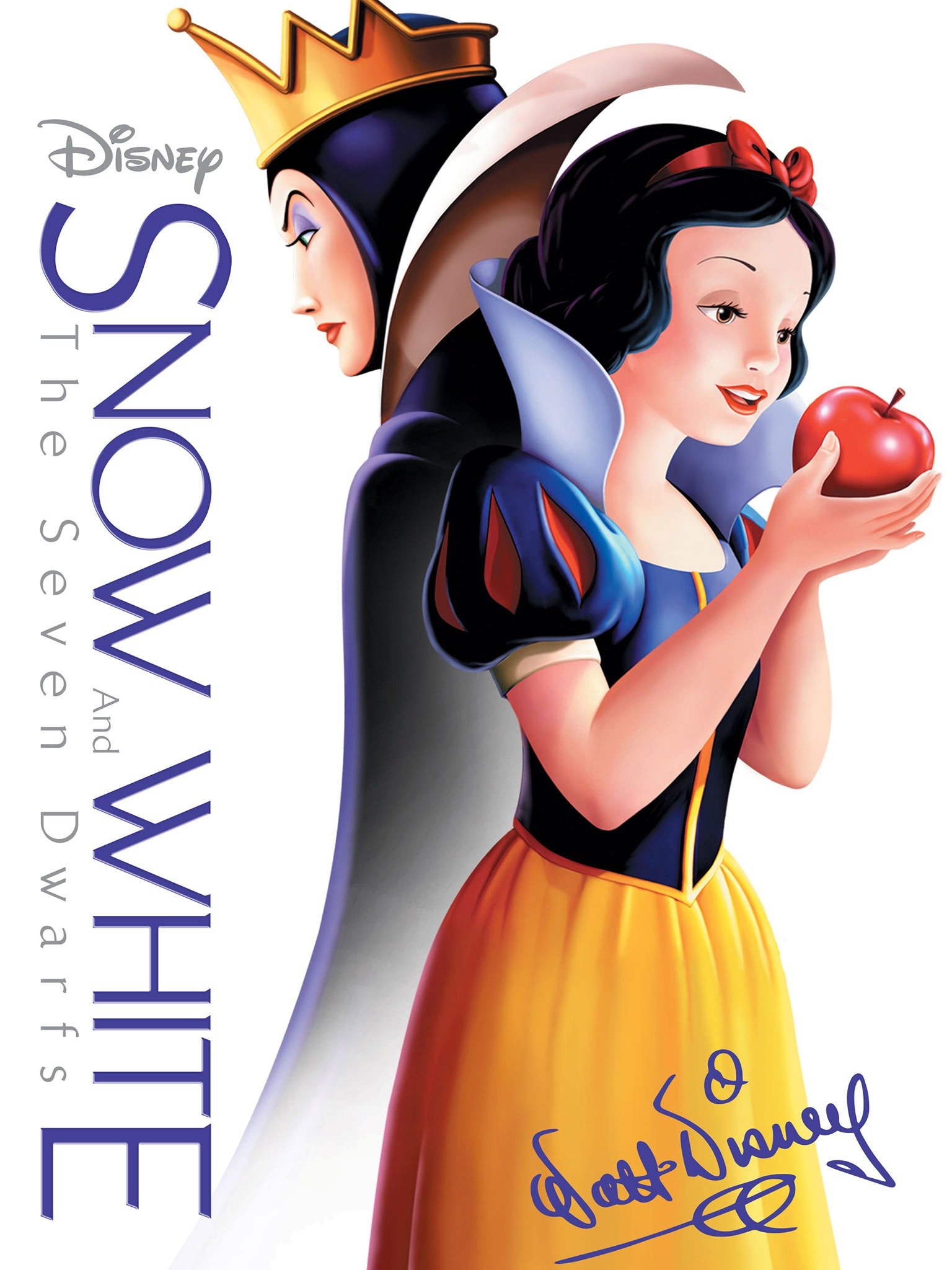
Released 21 December 1937
Animated by Walt Disney Animation Studios
What would you do if you suddenly were no longer the fairest one of all? Told by a magic mirror on the wall no less! Well obviously murder is the only answer. But the fairest one of all is your stepdaughter.
…
Alright, murdering the stepdaughter it is then.
So the Evil Queen (no, she has no name) is a vanity obsessed lunatic. Snow White is innocent and naïve. Hold on, how old is Snow White?
…
14, alright that tracks I guess. I’ll give her a pass on the whole living with dwarfs thing (especially because if the dwarfs don’t actually matter) and trusting a creepy old woman with her apple. Hey, at least Snow White doesn’t discriminate if your ugly but maybe should have applied “stranger danger.”
Lucky for her, the Evil Queen’s bloodlust seemed to have subsided. Instead of dying, Snow White was placed in an induced coma, or “sleeping death” as it referred in the film. At least there’s a chance she’ll learn that she really shouldn’t trust strangers but probably won’t considering she barely knows her “true love.”
I know people have made a big to-do about how the kiss between Snow White and Prince Florian is nonconsensual. That seed has been planted, make your own thoughts and argue about them elsewhere. Instead, let’s see how old Prince Florian is. After all, Snow White has shown that those in her age group aren’t the brightest. Maybe he’s a dumb teen that doesn’t know better.
…
Oh. He’s 31.
Well at least you know your children will be learning that if they care too much about vanity, they will attempt to commit murder then get struck by lightning and die. We’ll just ignore Snow White’s taste in men.
Snow White and the Seven Dwarfs is a classic, being released in 1937, and will likely always be remembered as long as Disney is around. It was amazingly successful at the time, but Disney has been making animations for nearly 100 years (going back 1923) and has made much better films (and worse ones). I don’t like this one very much if I’m honest, but it is what you would expect oringinating from the Grimm Brothers.



















 Peer Review 1
Peer Review 1











